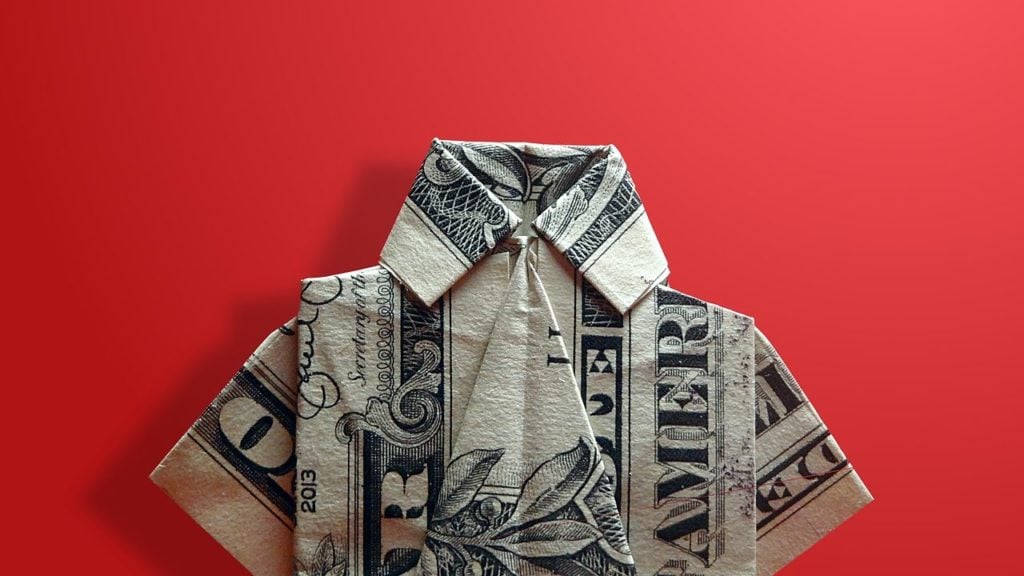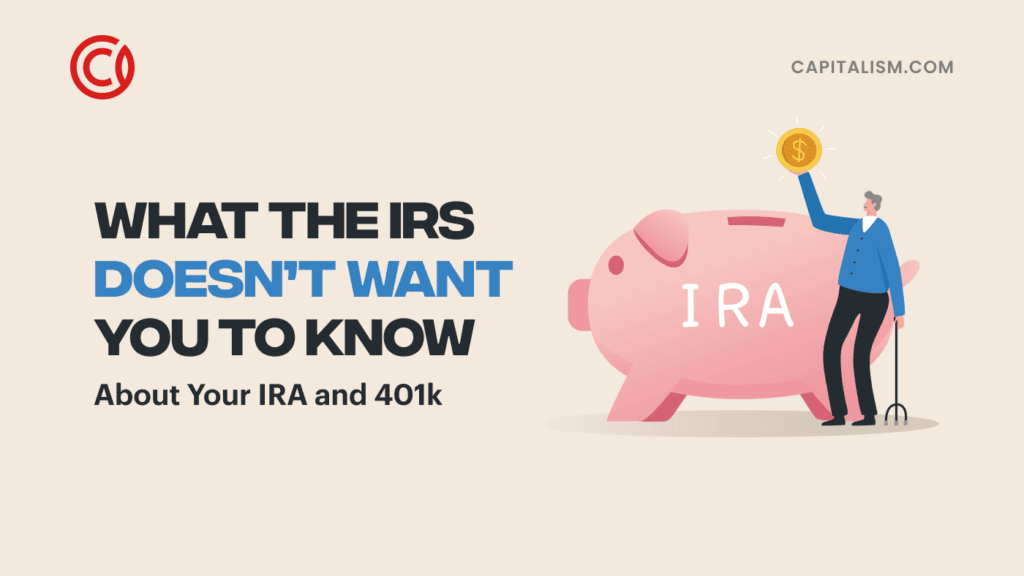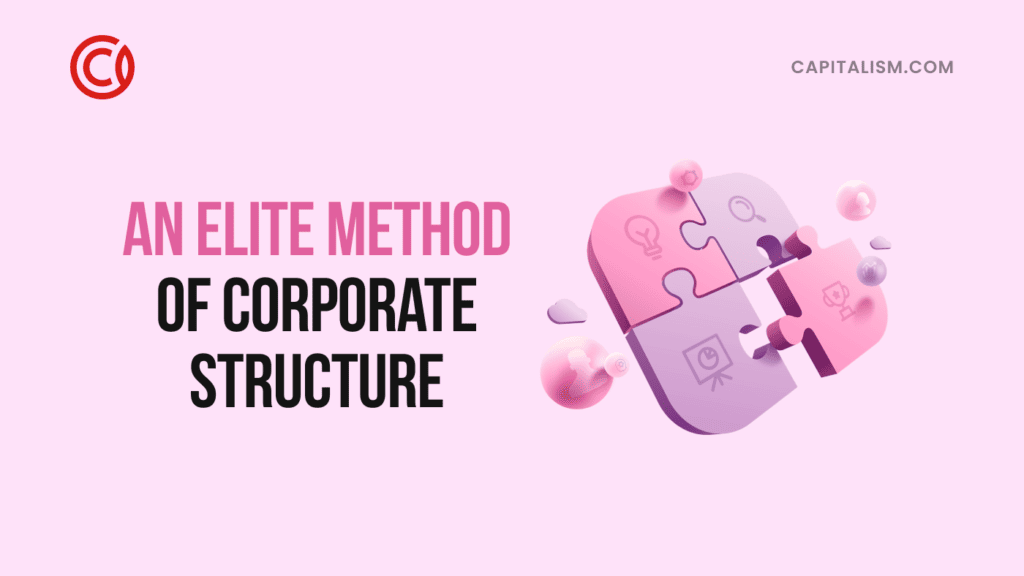Have you ever considered the idea of a $150 per hour minimum wage?
No? Well, Vox contributor and editor Matt Yglesias takes the cake with a tin-foil hat and glasses too big for his head.
As The Daily Wire reported, Yglesias took to Twitter to chime in his thoughts about a $150 per hour minimum wage floor and how it would potentially alleviate all financial hardship in the United States. Oh, and guess what, he views that the Federal Reserve has to chops to make this work!
https://twitter.com/mattyglesias/status/881692457636855808
Whether you agree with Yglesias's groundbreaking reasoning or not, the moral of the story is that the concept of higher minimum wages continues to be misconstrued and taken out of context. All that can be said is that the reasoning is very circular and out of touch with marketplace principles.
Econ 101
Essentially, a higher minimum wage is price control set by the government on how much low skill and entry level labor should cost. As most traditional employees do, they typically sign a contract with the firm that hired them as means of consent to the wage the company wishes to pay.
Usually, this is commensurate with your experience, educational attainment, and skill sets. However, especially when you enter the workforce for the first time, you could potentially land a position that isn't glamorous--like flipping burgers--with pay that reflects the skill required to do such a job. And since most jobs "flipping burgers" are considered low skill or entry level, employees are most likely to get paid at the minimum wage.
A higher minimum wage eliminates this concept because people—especially the working class—will flock for positions that pay $12, $13, or—based on recent cases—$15 per hour.
At the state level, we have seen mixed results that suggest evident success or failure of municipalities increasing wage floors well over $10 per hour. But, one constant factor is that businesses in these jurisdictions will be the most affected because of higher costs for labor and operations. Increased costs reflect on the prices of goods and services, as well.
Yglesias's reasoning is to set a federal minimum wage of $150 per hour. Take the increased business costs seen with state and local minimum wage hikes and amplify those effects to a scale that is economically infeasible to attain.
The German Mark
To add some real world context to address Yglesias's claims that debts would relieved, inflation will stabilize, and unemployment won't increase with a super high minimum wage, please turn your attention to the Weimar government of post-World War One Germany.
The Weimar government made the mistake of printing more paper currency than what is reflected in the production of the German people after the war. One of the other mistakes was that the Weimar government made the decision to pay back wartime reparations with paper currency forcing the value of the currency to drop drastically. Prices were out of control and individuals who kept their money in savings and relied upon fixed incomes--like minimum wages--lost absolutely everything. The German Mark inflated so quickly, and so high, that this phenomenon became known as hyperinflation.
During this time, hyperinflation resulted in hundreds of wage hikes for German workers. To corresponding increase in wages connected to the prices of basic goods and services. In the end, if an employee's wage didn't keep up with the increasing prices of labor and goods and services, they would go without. Plus, in many cases, business owners couldn't keep up and they'd be forced to shutter operations which would directly cause unemployment to increase. Debts also weren't remedied because of no funds to pay back creditors.
It is commonly held belief that the economic turmoil during the Weimar era of Germany, national socialism and other extreme right wing and left wing ideologies became popular. Adolf Hitler arose from the rubble of the German economy and you should know the story from there.
Just Be Realistic
It is still unknown if Yglesias was serious about what he meant in his Twitter posts. Even if the posts were a joke, the entire concept of a higher minimum wage carries more repercussions than benefits.
Just consider these words...
In a commentary on minimum wage laws, Milton Friedman once said that minimum wages force businesses to partake in "charity," even when charity is not their business.
"The minimum wage law is most properly described as a law saying that employers must discriminate against people who have low skills," Friedman said. "That’s what the law says. The law says that here’s a man who has a skill that would justify a wage of $5 or $6 per hour (adjusted for today), but you may not employ him, it’s illegal because if you employ him you must pay him $9 per hour. So what’s the result?"
MORE MINIMUM WAGE DISCUSSIONS ON CAPITALISM.COM:
• What Should Your Minimum Wage Be?
• How A $12 Federal Minimum Wage Hurts ‘The Engine of the Economy’
• Why Government Should Never Dictate A Minimum Wage











